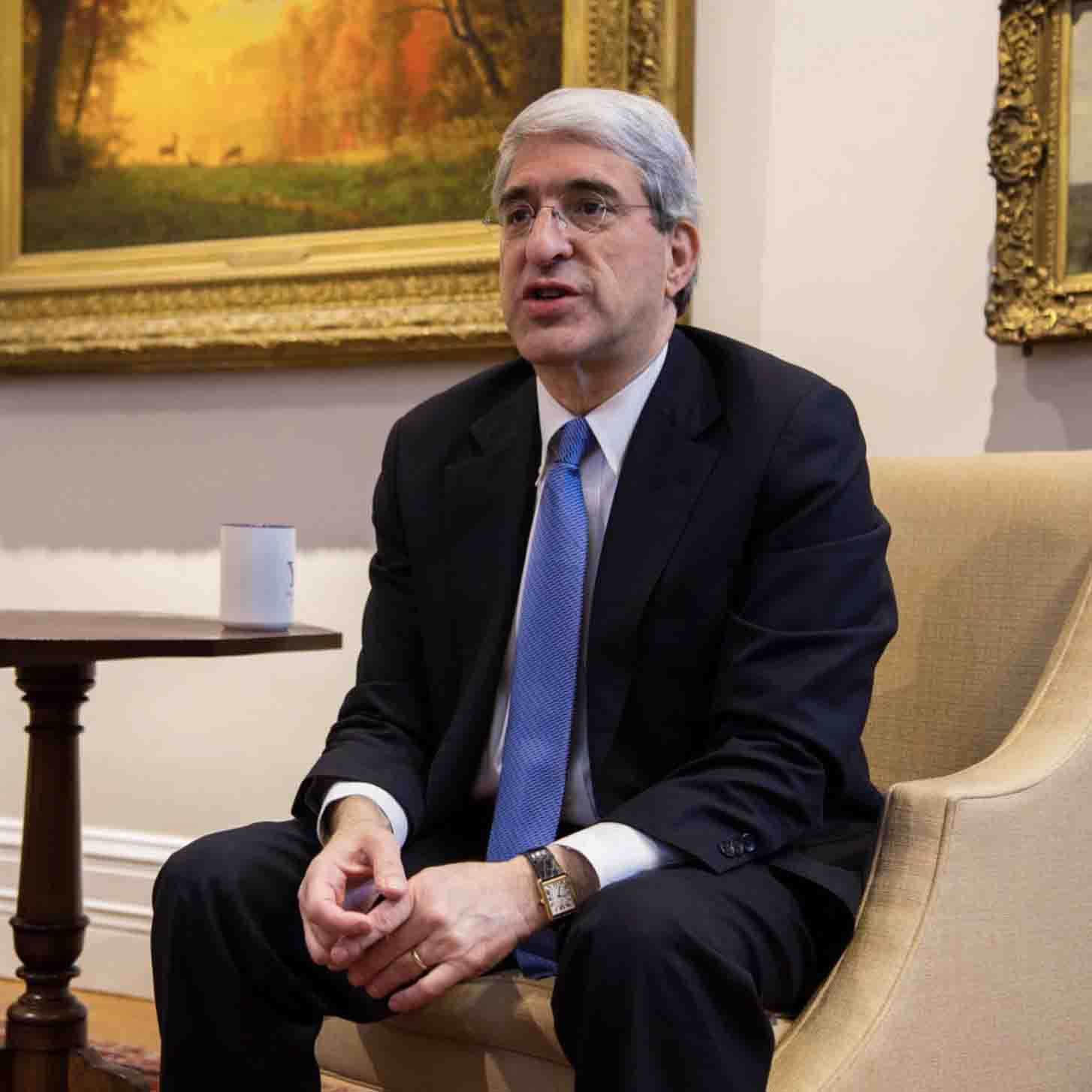
Yale Daily News
A day after Mayor Justin Elicker slammed Yale for failing to meet his housing request for public safety officers, University President Peter Salovey announced that 300 beds — double the mayor’s original request — would be available by the end of the week.
On March 20, Elicker asked Yale for housing for up to 150 officers in the event that they are exposed to COVID-19. The University declined the request due to feasibility issues, as dorms still contain student belongings — the process of clearing dorms will “take weeks,” University spokesperson Karen Peart told the News on Friday. But one day after Elicker publicly denounced Yale’s original response, the University changed course. In a Saturday statement, Salovey committed to providing 300 beds for first responders and hospital personnel as well as expedited COVID-19 testing in Yale laboratories for first responders who may have been exposed to the virus.
“We are eager to help New Haven with this need,” Salovey wrote in a Saturday statement. “We have been working to make this possible — and we agree that we should move as quickly as we can, in service of people doing extraordinary work on behalf of the New Haven community.”
Elicker told the News that the city “appreciates” Yale’s commitment. He declined to comment on the University’s reversal of its original response.
According to Peart, Yale has been working to make beds available for emergency use “for some time” — even prior to Elicker’s criticism.
“The mayor’s increased sense of urgency helped us conclude we needed to speed things up,” Peart wrote in an email to the News. “We are very appreciative that the heads of college and deans who live in the residential colleges have agreed to this expedited plan.”
The University will have the 300 beds ready next week with the help of three moving companies, which can pack approximately 90 rooms per day in total, Peart said. She added that the University is currently looking at parts of Morse, Stiles, Pauli Murray and Benjamin Franklin — though this could change as administrators finalize their plans.
On Sunday — two days after declining Elicker’s original housing request — Yale informed 70 students living on Old Campus that their belongings would be moved into storage to make way for graduate and professional school students whose prior living arrangements made social distancing impossible. According to Peart, this was “in effect a trial run” to help the University gauge the effort needed to pack and store student belongings on a larger scale.
“We learned a great [deal] in that undertaking last week and we are applying what we learned to move forward with the plans to create more space for the emergency,” Peart wrote.
She added that several parties are coordinating the effort, including the Office of Emergency Management and the Yale College Dean’s Office.
Elicker noted in his daily COVID-19 press briefing on Saturday that the University of New Haven readily agreed to his housing requests — which he made only after Yale had declined — despite the significant hurdles involved in removing student materials. The mayor is set to finalize housing arrangements with UNH in the coming days. Elicker also said that he is engaging in very productive conversations with Southern Connecticut State University towards the same end.
As of Saturday evening, 1,291 cases of COVID-19 were confirmed in Connecticut.
March 28, 7:53 p.m., 9:38 p.m.: The article has been updated to include further comment from University spokesperson Karen Peart.
Mackenzie Hawkins | mackenzie.hawkins@yale.edu
Valerie Pavilonis | valerie.pavilonis@yale.edu
Interested in getting more news about New Haven? Join our newsletter!







